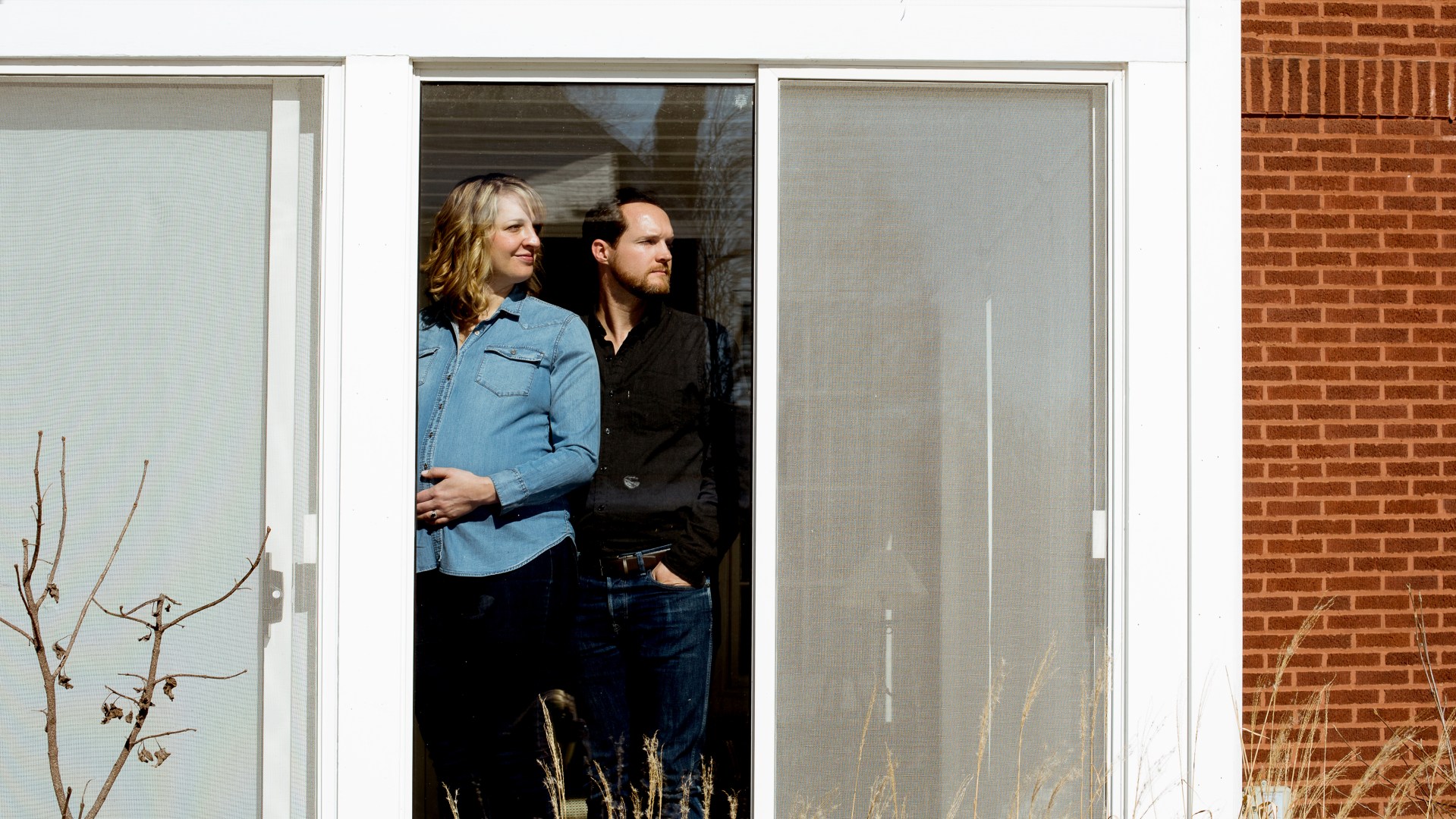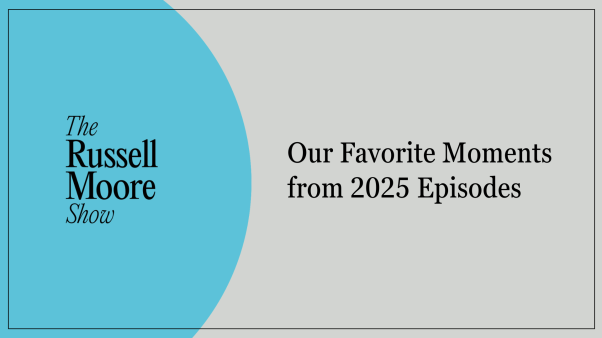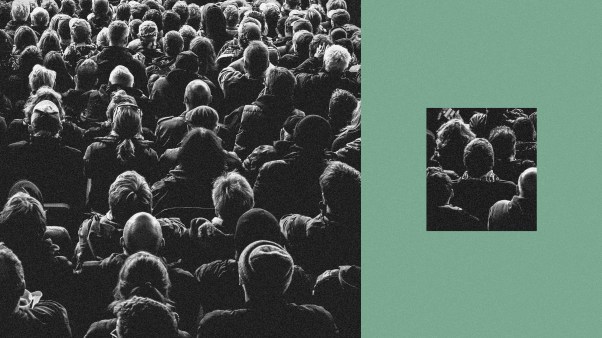For many women, being pregnant during an outbreak of a serious virus that health experts know little about feels utterly unprecedented. For me, the dilemma feels like déjà vu.
After six years of infertility, I became pregnant with our long-awaited first child while living in Honduras during the Zika virus epidemic in 2015. Health officials had linked the virus to a birth defect called microcephaly and were advising expectant moms to be on alert and, if possible, avoid traveling to the very area where I lived. As committed as we were to the mission God had called us to in Honduras, we made the difficult decision to temporarily leave during my third trimester so I could give birth back in the States.
I’m now pregnant with our third child, and God has once again led us to uproot our lives from Honduras in the midst of a major health crisis. If I didn’t learn my lesson then, God is continuing to teach us what it means to surrender and obey.
The coronavirus doesn’t pose as severe a risk to pregnant women as Zika did, and so far, studies have found that mothers with the virus don’t pass it on in utero or through breast milk. But while we have such limited data about the new disease, there’s plenty for expectant mothers to worry about. Researchers are still studying whether the changes in hospital protocols have resulted in more complications in labor and delivery.
Like many pregnant moms, I thought about what would happen if my husband weren’t allowed in the hospital with me and I had to face another traumatic c-section alone. But before that I had to worry about if he’d even make it out of Honduras to be in the US in the first place.
Giving birth during a pandemic is not what any of us imagined. Could this really be God’s timing? Even beyond my two pregnancies during major outbreaks, dealing with life’s unexpected and often unwanted changes of plans has become a constant challenge. But by God’s grace, it’s also been a constant reminder to depend on him.
Comfort over courage
We moved to Honduras ten years ago, a week after our wedding day. My husband was fluent in Spanish and had lived there for nine months already, but it was all new to me. At the time, I considered the move a sign of my courage. Right after college, I had left for China to teach English. I prided myself on being adventurous and looking for new experiences.
But in Tegucigalpa, the capital of Honduras, it wasn’t long before the isolation hit. My husband was working long hours to get his toy-manufacturing company off the ground, and I had no community to turn to. In her book Rising Strong, Brené Brown states, “We can choose courage or comfort but we can’t have both at the same time.” It became clear that I much prefer comfort over courage. Worse, I relied on the relationships and conveniences I was used to in the States rather than finding my comfort in God. My faith was not as solid as I’d thought.
Things only got more difficult as we struggled through infertility while our friends and family continued to have children. The discomfort of international living, the unending pressures of starting a new business, and the heartache of infertility all began to take a toll on our marriage. Rather than looking for a way through, I kept looking back at the life I had left behind, where I had a job and community and routine that I was used to and loved. Now, in this new life—a much slower life without the bustle of social, professional, and ministry activities, I began to finally recognize the restlessness of my soul, and I did not want to deal with the pain that it was revealing.
After living through a season of political unrest, which led to violent strikes, and natural disasters, including deadly fires and water shortages, the Zika outbreak hit our country not long after I became pregnant. Though I was thrilled with our long-awaited miracle, I was apprehensive about living in a developing country with a now-dangerous virus. I was reminded that though my greatest hopes were coming to reality, it didn’t mean I had any control.
Letting go
Little did I know that my pregnancy during Zika, and my last-minute, third-trimester decision to return to the US, would not be our biggest hurdle while welcoming a child into the world. A couple of years later, our second son was born in Honduras asphyxiated. He was hospitalized for the first two weeks of his life and continues to require intensive therapy for his developmental delays.
We have been walking through a season of emptiness these past two years. My husband is no longer with the company that originally brought us to Honduras. We had a second miscarriage, and most recently, my dad passed away. In the early years, I would have left Tegucigalpa in a heartbeat to return to my comforts and conveniences. But now, I see how my struggles and weaknesses have connected me to a place I felt so disconnected from.
Our children, and the experience of almost losing our second child, drew us closer to our community, to one another, and to God. I finally realized I couldn’t hold it all together, so once I let go of my control and owned my vulnerability, I saw what was available to me—true friendships, community, and support. God was with me, and he revealed that through the people who came alongside me during these challenges.
Before the coronavirus pandemic skyrocketed, before discovering we were unexpectedly welcoming another baby, we were in a difficult place. We knew we had to move back to the US because of our second son’s medical needs. With no job lined up, no place to live, no church or community, the global uncertainty posed by the coronavirus just adds to the pressure.
As I reflect on the past ten years and the lessons I’ve learned, the Scriptures I’ve studied and taught, I’ve realized that I often come back to the question “What do I need to change or do?” The lens through which I even read Scripture is “What can I do to be better?” As I write this article and reflect over the lessons I’ve learned of “get up and walk” or that I need to “fully surrender and obey” are still about me, what I need to do, rather than about the God who has proved himself sovereign over all.
Alicia Britt Chole writes in her book Anonymous, “Abundance may make us feel more productive, but perhaps emptiness has greater power to strengthen our souls.” My journey over the past decade, including the very current challenge with COVID-19, is my brokenness. I am weak. I am frail and I am not in control.
Second Corinthians 12:10 reminds me, “Since I know it is all for Christ’s good, I am quite happy about ‘the thorn,’ and about insults and hardships, persecutions and difficulties; for when I am weak, then I am strong—the less I have, the more I depend on him” (LB).
In my life, I’ve shied away from admitting my weaknesses, and much more from celebrating my difficulties. I've often tried to ignore or avoid dealing with them while trying to hide them from others, and yet, as Chole states, in our emptiness we have greater power to strengthen our souls.
It’s amid this emptiness, this brokenness, of realizing my marriage is in trouble, our financial stability is gone, our jobs uncertain, our health not guaranteed, our pregnancies not perfectly timed, that we must go to God. We have nothing on our own. Once I can admit that I am weak and depend on Jesus, I can begin to rejoice in all things—even another pandemic pregnancy.
Cindy Haughey is a writer, speaker, and world traveler. She is a graduate of Taylor University and Trinity Evangelical Divinity School. A mother of two boys, she is due with her third child this summer.











